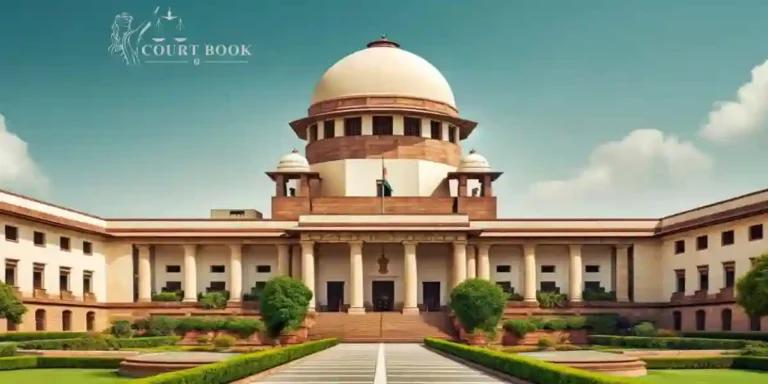The Supreme Court on Monday raised serious objections to the language and unverified claims made in a petition concerning the violent protests in Murshidabad, West Bengal, against the Waqf Amendment Act 2025. A bench of Justice Surya Kant and Justice N. Kotiswar Singh told petitioner Advocate Shashank Shekhar Jha that the Supreme Court expects responsibility and decorum from those approaching it.
"We should always maintain the integrity and decorum of the institution... Think about what averments are to be made, and what are required to be struck off. Don't seek publicity. Think with a cool mind,"
— Justice Surya Kant
The Court expressed concern that the petition was based merely on media reports and lacked verified information. When asked about the identities of displaced persons, Jha failed to provide any names or verification.
"You have filed the petition based on media reports! Where is the verification done by you?"
— Justice Surya Kant
Read Also:- Supreme Court on Article 355 Plea: "Already Facing Allegations of Intruding Into Executive"
The bench also pointed out that offensive language and unverified accusations were used, and that certain individuals were named in the petition without being made parties to the case.
"You are making allegations against individuals who are not before us. Can we accept these allegations and examine them behind their back?"
— Justice Surya Kant
Justice Kant noted that as the Supreme Court is a court of record, all pleadings are preserved and must maintain a standard of decency. He cautioned the petitioner to file such cases with due responsibility, especially since Jha had only seven years of practice and had not verified several facts in the petition.
When Jha agreed to amend the petition, the Court permitted withdrawal with liberty to file a fresh plea, provided it includes correct and verified facts.
"Yes, justice to voiceless people must be done, but do in proper manner. Not like this,"
— Justice Surya Kant
A similar petition by Advocate Vishal Tiwari was also allowed to be withdrawn. Tiwari had sought to highlight provocative statements made against the judiciary, including remarks by an MP targeting the Supreme Court and the Chief Justice of India.
Both petitions had urged the Court to form special bodies to investigate the Murshidabad violence — a Judicial Enquiry Commission and a Special Investigation Team. They also asked for action against hate speeches and a report from the West Bengal government on the violence and steps for public safety.
Background:
The Waqf Amendment Act came into effect on April 8, 2025. Following this, violent protests erupted in Murshidabad. The clashes resulted in three deaths, several injuries, and large-scale displacement. Public and private property was damaged, including vehicles, a police jeep, and even a local MP’s residence.
Read Also:- Supreme Court: Faulty Investigation Alone Doesn’t Nullify Prosecution If Other Strong Evidence Exists
To control the situation, the administration imposed Section 144 of CrPC and suspended internet services. About 274 people were arrested and 60 FIRs were filed. The Calcutta High Court ordered deployment of Central Forces in the district, asked for action against provocative speeches, and directed the state government to begin rehabilitation efforts for those affected.
"Once the matter is before the Court, such things should not be happening,"
— Chief Justice Sanjiv Khanna
This development took place amid ongoing hearings on the constitutionality of the Waqf (Amendment) Act.
Case Titles:
(1) Vishal Tiwari vs. Union of India & Ors., W.P.(C) No. 377/2025
(2) Shashank Shekhar Jha vs. State of West Bengal & Anr., Diary No. 20020-2025















